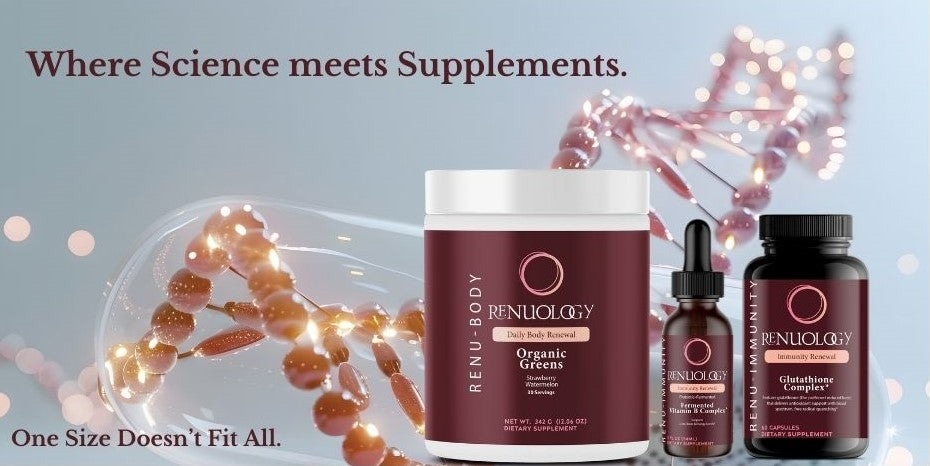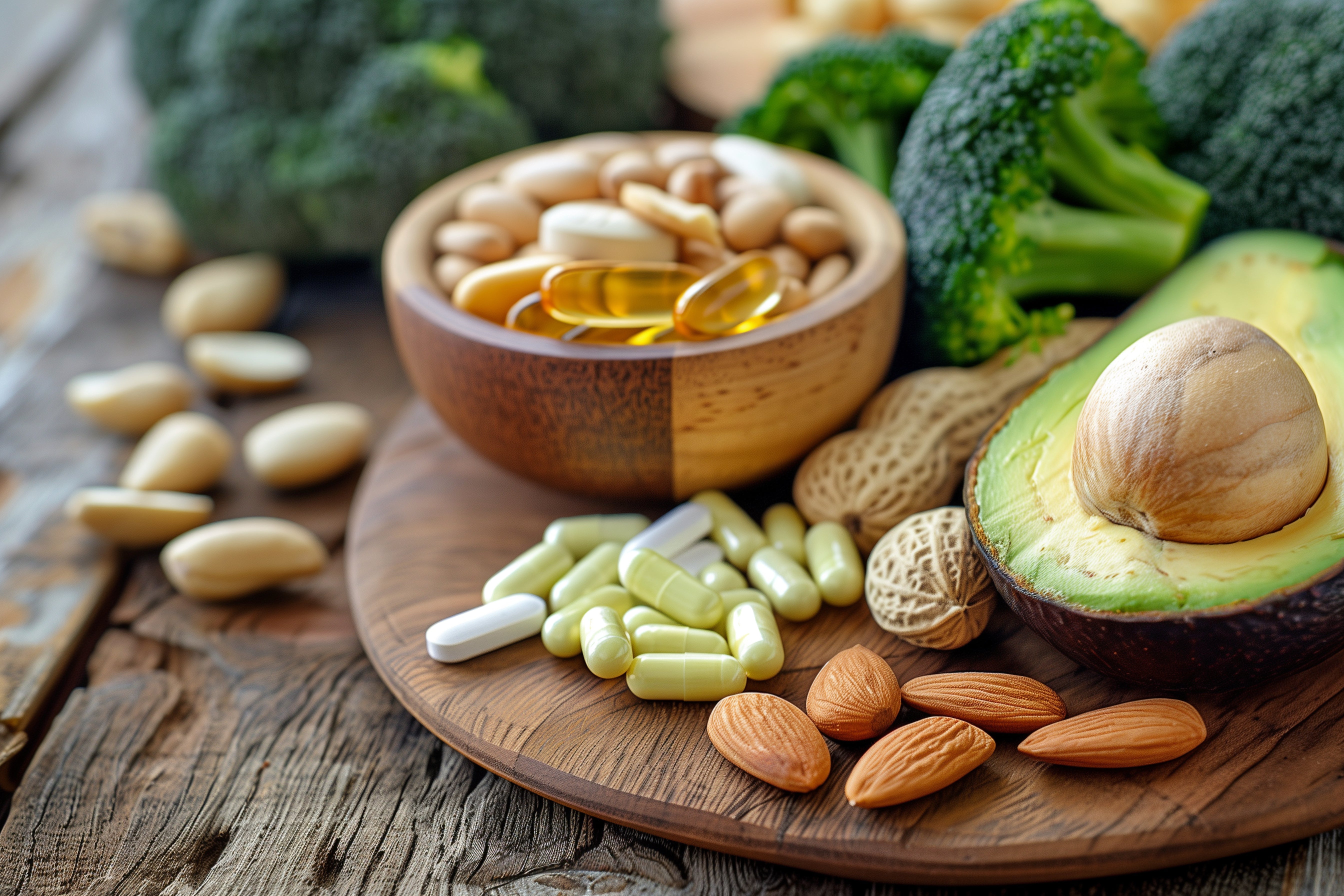As we age, our bodies undergo significant changes that can affect how we process and absorb nutrients. What worked for us in our 30s or 40s may no longer be sufficient in our 60s and beyond. It’s important to recognize that our dietary and supplement needs evolve with age, and adjusting accordingly can help maintain vitality, health, and overall well-being.
Why Our Nutritional Needs Change as We Age
Aging naturally brings a host of changes to our bodies, including slowed metabolism, decreased muscle mass, and reduced digestive efficiency. These shifts can impact how well we absorb and use essential nutrients. Additionally, the body’s ability to produce certain vitamins diminishes over time. For instance, after age 50, our skin becomes less efficient at producing vitamin D from sunlight, and our ability to absorb calcium also decreases, which can lead to bone health issues.
Hormonal changes during aging, particularly for women going through menopause, can also affect nutritional needs. Declining estrogen levels can impact bone density, while men may experience reduced testosterone levels, affecting muscle mass and strength. These changes make it more crucial to focus on getting the right nutrients to maintain health and prevent deficiencies.
Common Nutritional Deficiencies in Older Adults
While everyone's needs are unique, certain nutritional deficiencies are more common as we age. Here are some key nutrients that tend to decline and why they become increasingly important:
1. Vitamin D
Vitamin D plays a crucial role in bone health, immune function, and mood regulation. As we get older, the skin's ability to synthesize vitamin D from sunlight decreases, and spending more time indoors can further limit exposure. A deficiency in vitamin D can contribute to weakened bones, increasing the risk of fractures and osteoporosis.
2. Calcium
Calcium is another key nutrient that supports strong bones and teeth. After age 50, our bodies absorb less calcium, leading to a greater need for it in our diets or through supplements. Inadequate calcium intake can lead to bone thinning and osteoporosis, especially for post-menopausal women.
3. Vitamin B12
Vitamin B12 is essential for nerve function and the production of red blood cells. As we age, the stomach produces less acid, which is needed to absorb vitamin B12 from food. A deficiency in B12 can lead to fatigue, memory problems, and even nerve damage if left untreated.
4. Magnesium
Magnesium is involved in hundreds of biochemical reactions in the body, including muscle and nerve function, blood sugar regulation, and bone health. Many older adults don’t get enough magnesium due to dietary changes or reduced absorption, which can contribute to muscle cramps, fatigue, and heart issues.
5. Omega-3 Fatty Acids
Omega-3 fatty acids are essential for brain health, reducing inflammation, and supporting heart health. As we age, inflammation can become more chronic, and cognitive function may decline. Omega-3 supplements can help protect the heart and brain, reducing the risk of cognitive decline and supporting overall mental health.
6. Iron
Although iron needs tend to decrease for post-menopausal women, it’s still essential for carrying oxygen in the blood. Older adults may experience lower iron levels due to poor absorption or dietary restrictions, leading to fatigue and weakness.
7. Probiotics
Gut health plays a key role in digestion, immunity, and even mental well-being. As we age, the balance of good bacteria in our gut can shift, leading to digestive discomfort and a weakened immune system. Probiotic supplements can help restore this balance, improving digestion and boosting immunity.
The Importance of Personalizing Your Supplement Plan
While it’s clear that many nutrients become more critical with age, it’s important to recognize that not everyone will need the same supplements. Each person’s body is unique, and factors like genetics, lifestyle, and existing health conditions play a significant role in determining what supplements are right for you.
For example, some older adults may require higher doses of calcium and vitamin D to protect their bones, while others might need more focus on heart-healthy omega-3s. Additionally, genetic factors can influence how well we absorb and utilize certain nutrients. Understanding your body’s unique needs can help you avoid unnecessary supplements and target the ones that will provide the most benefit.
Tips for Meeting Your Nutritional Needs as You Age
-
Get a Nutrient-Rich Diet – Focus on eating a variety of whole foods, including fruits, vegetables, lean proteins, whole grains, and healthy fats. This can help provide a strong foundation of essential nutrients.
-
Consult with Your Doctor – Regular check-ups with your healthcare provider can help identify any nutrient deficiencies early. Blood tests can assess your levels of critical nutrients like vitamin D, B12, and iron.
-
Consider Genetic Testing – Genetic testing can provide insights into how your body absorbs and metabolizes nutrients, allowing you to customize your supplement regimen.
-
Take Targeted Supplements – Based on your diet, lifestyle, and test results, choose supplements that meet your specific needs. Look for high-quality products that are easily absorbed by the body.
-
Stay Active – Regular physical activity can support bone health, muscle mass, and overall vitality. Exercise also helps the body process and use nutrients more effectively.
Final Thoughts
As we age, our bodies’ nutritional needs evolve, and deficiencies become more common. By being proactive about understanding these changes and making adjustments to our diets and supplement regimens, we can maintain optimal health and prevent common age-related issues. Remember, the best approach is one that is personalized to your unique needs, ensuring you’re getting the nutrients your body truly requires.




Leave a comment
This site is protected by hCaptcha and the hCaptcha Privacy Policy and Terms of Service apply.